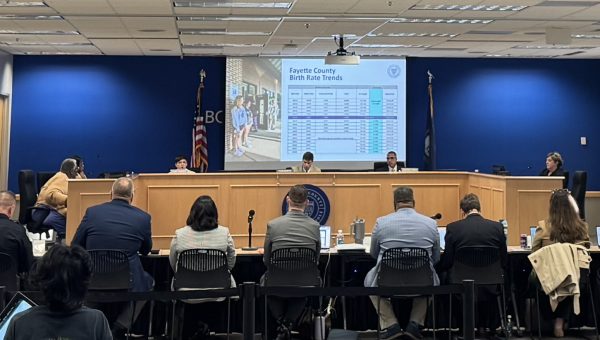Iron Man and the Threat of the Military Industrial Complex
Iron Man has been a staple Marvel character for decades. It was first introduced in Tales of Suspense during 1963, and getting his first comic Iron Man in 1968.
Tony Stark inherited Stark Industries from his father, Howard, which is a “defense company” that builds weapons and weaponized vehicles for the military. Most notably, his technologies are used by the Avengers and S.H.I.E.L.D while fighting the many adversaries throughout the series.
Now that we have had 11 years worth of Iron Man, we have never stopped to ask: Is Iron Man the hero we think he is?
In 1961, President Eisenhower gave an early warning to companies like Stark Industries in his Farewell Address:
“In the councils of government, we must guard against the acquisition of unwarranted influence, whether sought or unsought, by the military-industrial complex. The potential for the disastrous rise of misplaced power exists and will persist. We must never let the weight of this combination endanger our liberties or democratic processes.”
There is not one freshman, sophomore, or junior at Paul Laurence Dunbar High School that has lived a day where we, as a nation, have not been at war.
Part of this reasoning is because of the influence of companies like Stark Industries. One of the companies has a facility that is only 40 minutes across town from our school.
Lockheed Martin, the top U.S. contractor, received $46.5 billion in 2017 according to USASpending.gov.
This corporation is famous for its F-35 fighter jets, and the U.S. plans to buy 2,663 F-35s, which will provide most of the tactile air-power for the Air Force, Navy, and Marine Corps in the coming years.
Deliveries of the F-35 for the U.S. military are scheduled until 2037 with a service life up to 2070. That program will cost $1.508 trillion through 2070. An expensive price tag for a relative time of peace.
The United States student debt is currently $1.5 trillion dollars.
One obvious question is: Why should the U.S. spend that money on the military rather than paying off our students’ debt?
Now, that debate is for a different day but the second question that everyone should be asking, regardless of political affiliation, is: Why should individual people and companies be an incentive for war?
To make matters worse, with the current campaign finance system, the defense aerospace industry spent $65 million lobbying U.S. politicians, Democrat and Republican in 2018 to keep us in the wars that have lasted almost 2 decades, according to OpenSecrets.org.
$13,205,502 of that $65 million was from Lockheed Martin, making the $1.5 trillion F-35 plan an 11,358,801% return on investment by 2070.
Tony Stark stopped selling his weapons to the United States in the first Iron Man movie, and in the second film in his testimony to Congress regarding weapon sales, he included footage of weapon testing that ultimately led to the death of multiple people.
According to Brown University, 480,000 to 507,000 civilians have died directly from the U.S. wars in Afghanistan, Pakistan, and Iraq.
The report notes that the deaths of civilians indirectly from famine, water shortages, and other consequences from the conflict were not included. These numbers also do not include civilian deaths in Yemen or Somalia or the 75 other countries that the United States is fighting terrorism in.
If we had footage of the bombings of civilians, the children starving in the streets, or the millions of people displaced from their homes, maybe then we would care as a nation.
The United States needs to end the for-profit wars that we have been engaged in since the Twin Tower attacks on September 11th.
Our politicians cannot accept money from the companies that manufacture our means of destroying the lives of the millions of innocent people in these countries.
We, as the people of this damned nation, cannot let the influence of these companies destroy our democracy, and ultimately destroy our world while receiving billions of dollars of profit.
If Tony Stark can stop, we can too.

This is my third year on staff. Journalism has always been an interest of mine since eighth grade and now that I am a senior I have been looking at it...


























